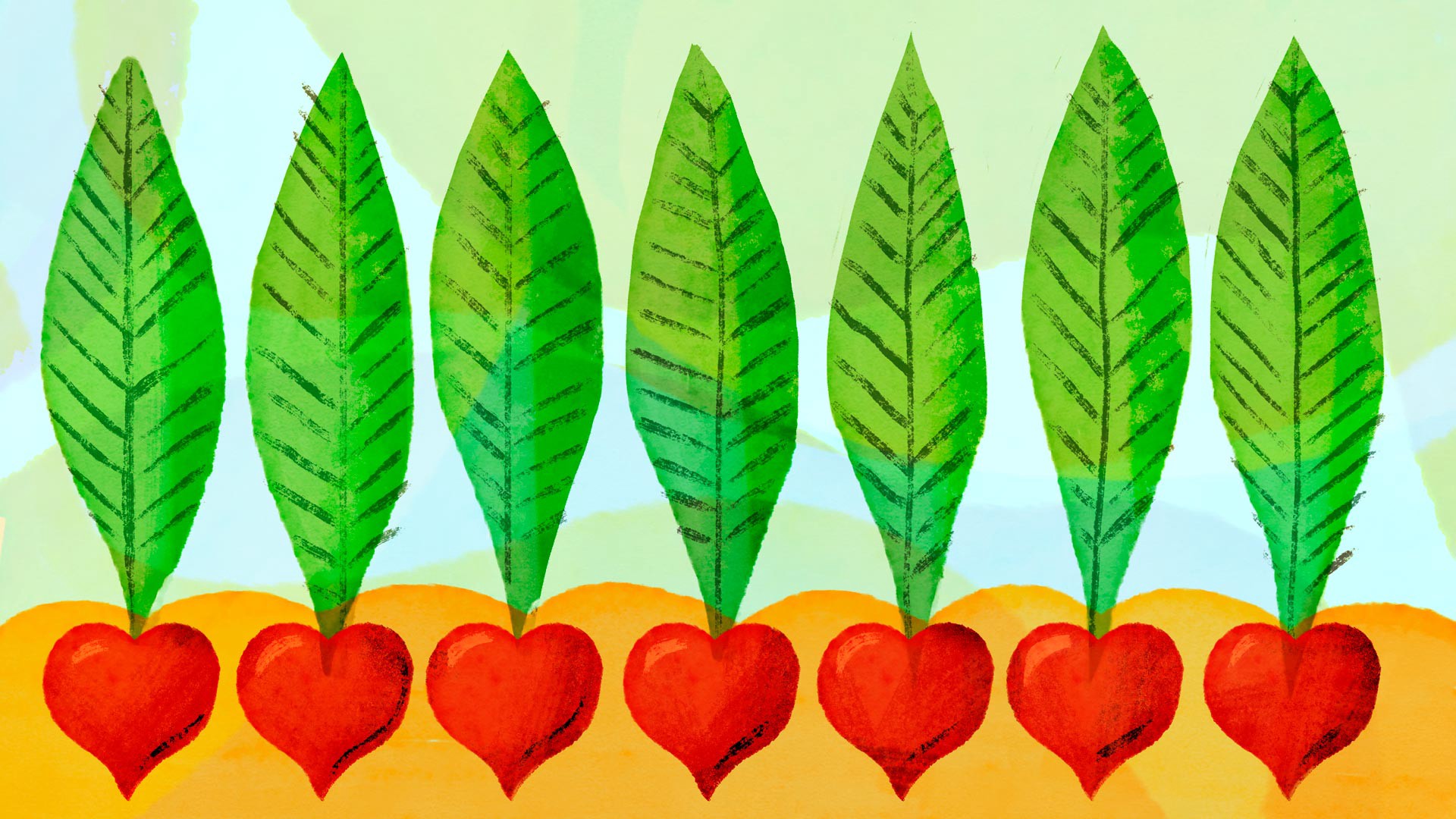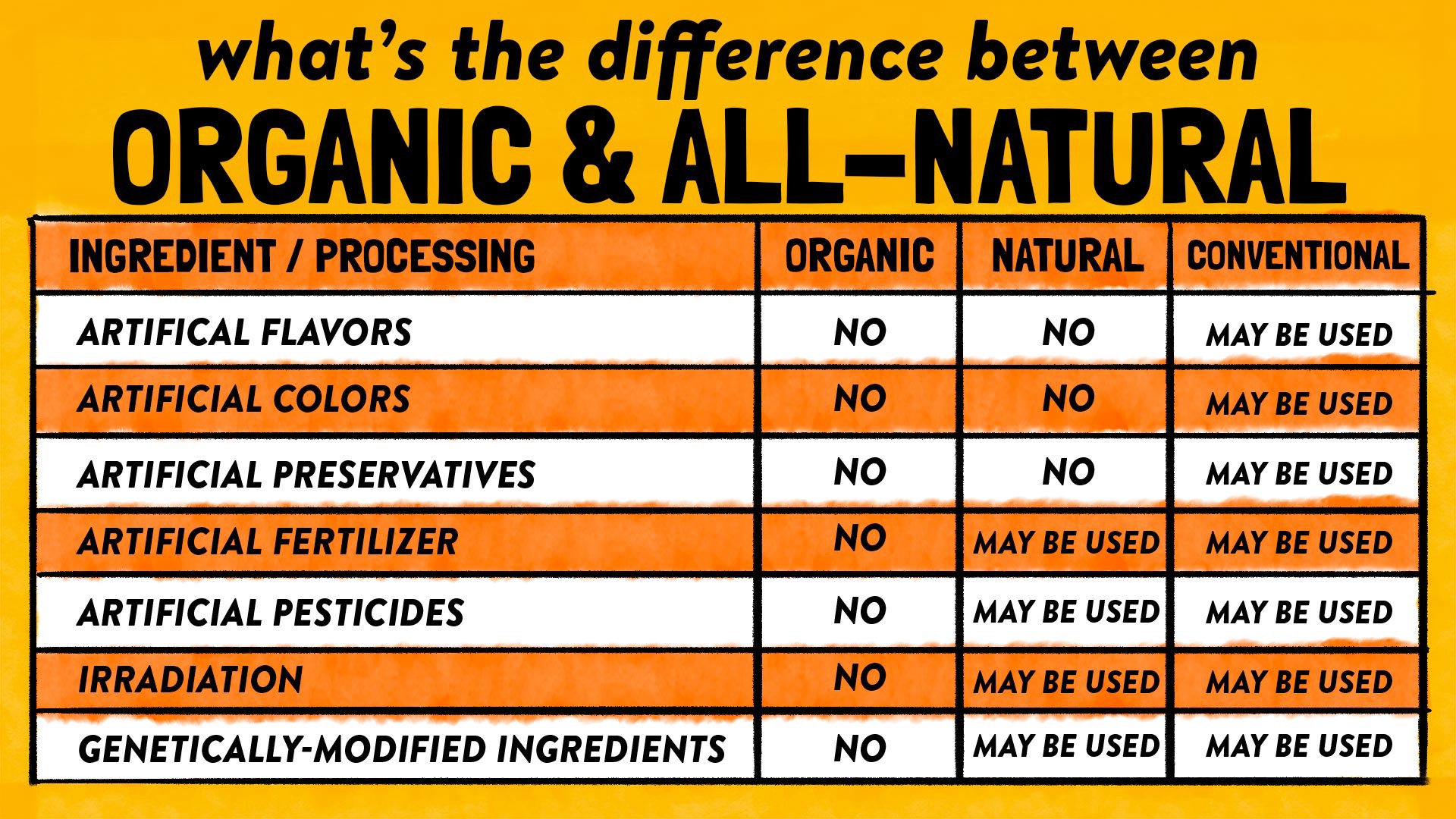
Let?s start with the good old days. Back when times were simple and there was one type of laundry detergent and one brand of toilet paper and penny candy that actually costed you one cent. (As a kid I figured out that separate transactions of penny candy made my purchase technically tax-exempt. This is a huge digression and I?ll be shocked if it makes it past the first round of edits.) Back when conventional farming was the only truly known technique; back when it was just ?farming.?
What is conventional farming?
Essentially, conventional farmers aren?t afraid to use herbicides to get rid of weeds (rather than tilling the dirt and pulling the weeds), pesticides to get rid of bugs (instead of rotating crops or biological pest control such as pheromones, bacteria, or good pests that kill harmful pests), and antibiotics & growth hormones to keep their livestock big and alive (until they?re big enough to die). It?s less expensive, less work, and overall more efficient. (It also probably definitely causes cancer.)

So I assume ?all-natural? means no pesticides then?
Yes, my dear smart reader, your assumption is correct. ?All-natural? means that the food does not contain artificial additives. This designation is based on the testimony of the provider, and the label requires a lot of trust and faith in the brand. So, those chemicals and hormones mentioned above are not supposed to be used in the growth of ?all-natural? products, but the practice is entirely unregulated and therefore can be *gasp* lied about.
If I see a label that says ?made with organic,? what does THAT mean?
The USDA requires something advertising that it is ?made with organic? ingredients must have somewhere between 70 and 94% organic ingredients.

Okay, then what exactly does ?organic? mean?
I?m glad you finally asked. The term ?Organic? indicates that the product comes from at least 95% organic ingredients. ?100% organic? means that all of the ingredients are organic. The USDA regulates the use of the terms ?organic? and ?100% organic? through third-party certification organizations. For meat to be certified organic, the animal and his or her parents must have been raised organically, live on organic land, and fed organic crops. In order for land to be considered organic, it must not have been sprayed with pesticides, herbicides, fungicides, or synthetic fertilizers for at least three years prior to certification. The animal?s diet may not include any byproducts or genetically modified organisms. The meat is not considered organic if it is exposed to antibiotics or growth hormones. Furthermore, in order to be certified, the product must be traceably and verifiably documented from birth to purchase.

Why don?t all famers get organic certification and just make everything better for us?
You know those rules and regulations you just read about? They sounded pretty expensive, didn?t they? Like, extensively expensive. Not only do you have to change your entire farming method, and then establish it for years, but you also have to worry about an application fee, site inspection fee, and an annual certification fee. Farmers opt out of the switch to organic, as it turns out, because money doesn?t grow on trees. Especially organic trees. (This is an OK joke.)

What should we, as consumers, look out for?
When shopping for organic, make sure you?re reading labels. The USDA organic seal comes in both green and black. Companies that wrongfully label products are looking at a $11,000 fine, so the practice is very uncommon. That seal guarantees that the product is 95?100% organic. If you?re in the produce section and you can?t find the seal, check out the PLU code on the produce sticker. If the item is organic, the PLU will begin with a 9. Conventional products begin with the number 4. And if all else fails, shop locally. Not all organic farmers are able to pay for their certification, even if they follow all the rules. Talk to your farmers, make friends, build trust. If we, as consumers, thwarted the demand for conventional foods by only buying organic, things will change for the better. That?s the dream, and we?re certainly working towards it. Do what you can, and what your paycheck allows. Love you.
Sources
http://www.organicitsworthit.org/natural/natural-vs-organic
https://newfrontiersmarket.com/the-difference-between-organic-and-conventional-foods/
https://www.mayoclinic.org/healthy-lifestyle/nutrition-and-healthy-eating/in-depth/organic-food/art-20043880
https://www.southernstates.com/articles/pesticide-alternatives.aspx
https://www.thebalancesmb.com/how-to-shop-for-real-organic-food-and-products-2538172


